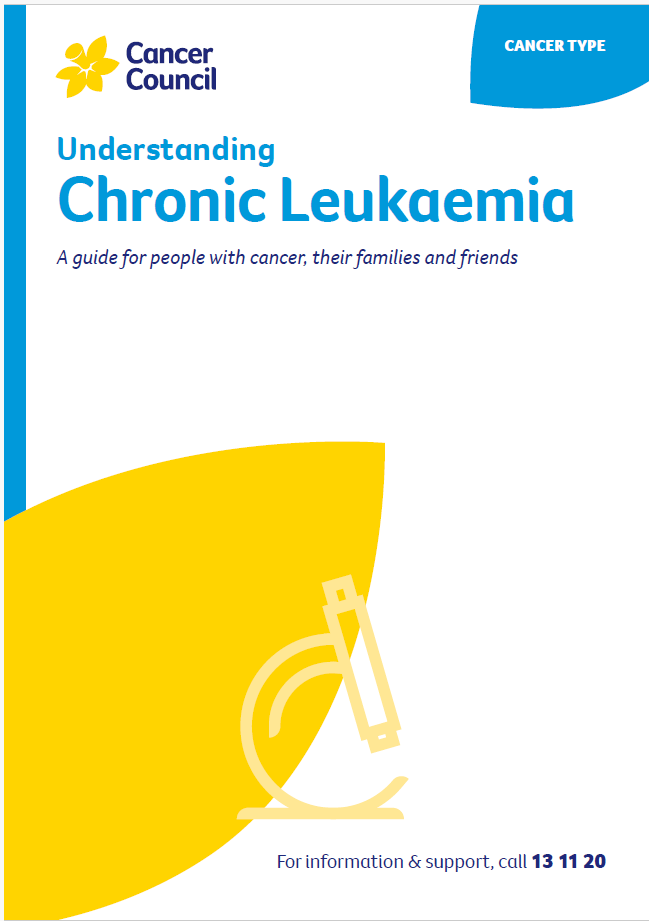Side effects of targeted therapy and immunotherapy
The side effects of targeted therapy and immunotherapy drugs vary depending on the drugs given. Ask your haematologist about the specific side effects of the drugs you are taking. Some people have a reaction to the infusion – signs of this include flushing, low blood pressure, high temperature or itching. Giving the drug over several hours can help reduce reactions.
The side effects of targeted therapy may include an increased risk of infection, fever, sweating, chills and diarrhoea.
Side effects specific to certain types of targeted therapy drugs include:
| BTK inhibitors | may cause irregular heartbeat, increased risk of bleeding and infections, high blood pressure, and headaches |
| BCL-2 inhibitors | may reduce red cells, white cells, and platelets, and may cause the release of toxic chemicals from tumour cells, which needs to be closely monitored |
| PI3K inhibitors | significantly increases the risk of serious infections |
Side effects of immunotherapy include a reaction during the injection and increased risk of infection.
If used, chemotherapy drugs can affect some of your healthy cells, which may cause a range of side effects. For example, you may bruise easily, feel very tired, feel sick (nauseous), have changes to taste and smell, or have an increased risk of infections (learn ways to manage this risk). If you are having chemotherapy as tablets, side effects are usually mild, but the effects may be stronger if you have intravenous chemotherapy.
Your haematologist will prescribe various medicines to help ease any side effects. Some people will need a blood transfusion.
For more on this, see our general sections on Targeted therapy, Immunotherapy and Chemotherapy.
I had no idea that I would still be feeling tired five months after finishing treatment. I didn’t know how to make it better and I was scared that’s how it would be: that I wouldn’t go back to normal, that I would never go back to having energy again.
Judy
→ READ MORE: Taking care with infections during treatment
Podcast: Coping with a Cancer Diagnosis
Listen to more of our podcast for people affected by cancer
More resources
Dr Chun Kei Kris Ma, Clinical Haematologist, Western Sydney Local Health District (clinical update); Delphine Eggen, Consumer; Dr Robin Gasiorowski, Staff Specialist, Haematology, Concord Hospital; Karl A Jobburn, Haematology Clinical Nurse Consultant, Liverpool Hospital; Yvonne King, 13 11 20 Consultant, Cancer Council NSW; Heather Mackay, Clinical Nurse Consultant, Westmead Hospital; Jennifer Paton, Consumer.
View the Cancer Council NSW editorial policy.

